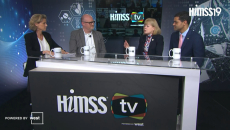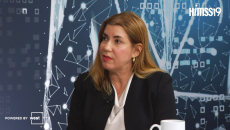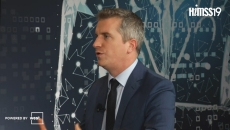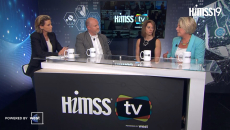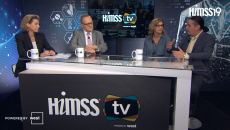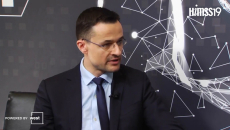Provider
Prescription drug monitoring programs are forcing providers to put data into a state system for use in making informed care decisions, according to New Jersey state officials Shereef Elnahal and Nancy Pinkin.
Pew's HIT project director Ben Moscovitch says biometrics can be used to foster interoperability, but questions about privacy and security need to be answered first.
Carium Chief Transformation Officer Lygeia Ricciardi discusses how applying behavioral change science aligned with the way humans are wired provides usable data that can empower patients.
Applying AI to improve care delivery and patient experience requires curated data, supercomputing infrastructure and the ability to model algorithms on neural networks, says Jörg Aumüller, head of digitalizing healthcare marketing, Siemens Healthineers.
The concept of interoperability is frustrating. Brian Mack, manager of marketing and communications at Great Lakes Health Connect, explains why.
TriHealth got all of its nursing and home care facilities documenting quality and utilization directly into its Epic EHR to give patients solutions to make care decisions.
Central Georgia Health Network VP Jodi Ingram and CIO Gabriel Orthous say speaking both the payers’ and the providers’ languages is key to getting them to trust each other.
A key to successful healthcare transformation are clinician tools that merge compliance with convenience, says Elena Bonfiglioli, Microsoft's Managing Director of Health and Life Sciences for Europe, Middle East and Africa.
IT is funneling various data sources such as EHRs and claims data into a treasure trove researchers can analyze, says Duke University Health System Chief Analytics Officer Stephen Blackwelder.
Avanti iHealth Partner Dr. Mark Roche recounts how healthcare interoperability has progressed from the early days, when there were multiple competing standards and various maturity levels.
